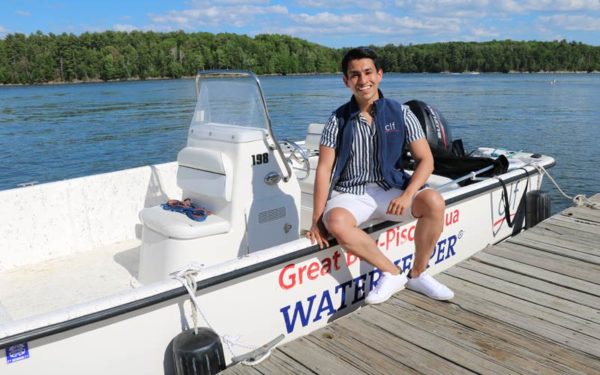Climate Change + Stormwater Pollution Equals Dirty, Unsafe Swimming Holes
Numerous beach closures in the summer of 2023 were a result of climate change and stormwater pollution.
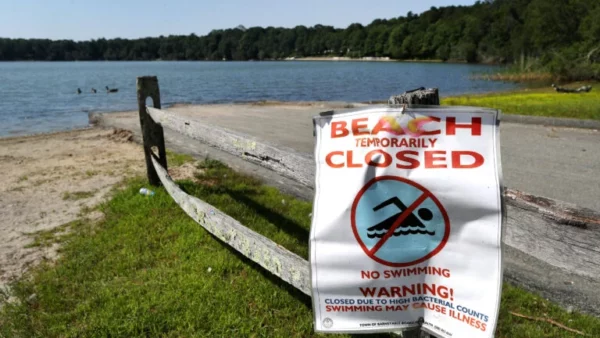
Numerous beach closures in the summer of 2023 were a result of climate change and stormwater pollution.

“Epping has utterly failed to operate its wastewater treatment facility safely for several years,” said CLF attorney Heidi Trimarco. “The plant is dumping practically untreated wastewater directly into the Lamprey River, threatening the drinking water for Durham and UNH as well as the health of the iconic Great Bay Estuary. The town’s frequent and repeated Clean Water Act violations cannot be allowed to continue, which is why we’re joining the EPA’s effort to finally bring the town in line with the law.”
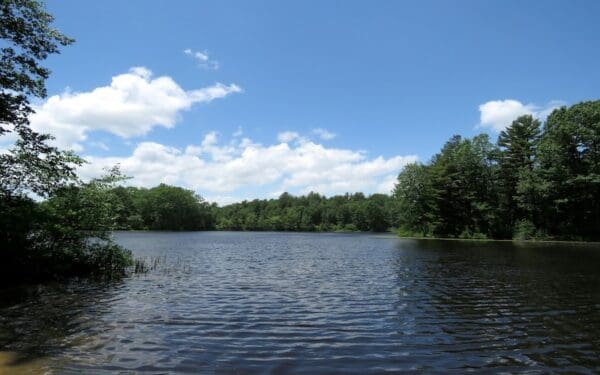
Runoff from large parking lots, big box stores, and strip malls is not currently regulated by the EPA. However, these properties contribute significant runoff to nearby wetlands, streams and rivers, CLF officials said.
“The rivers and streams flowing into Great Bay are being inundated with polluted stormwater every time it rains,” said Melissa Paly, Great Bay Piscataqua Waterkeeper at CLF. “The nitrogen in this stormwater runoff is harming the waterways that make New Hampshire’s Seacoast such a special place to live and visit, and it cannot be allowed to continue. Many of our communities have made great strides in reducing pollution from wastewater, now it’s time to step up and reduce pollution in stormwater.”
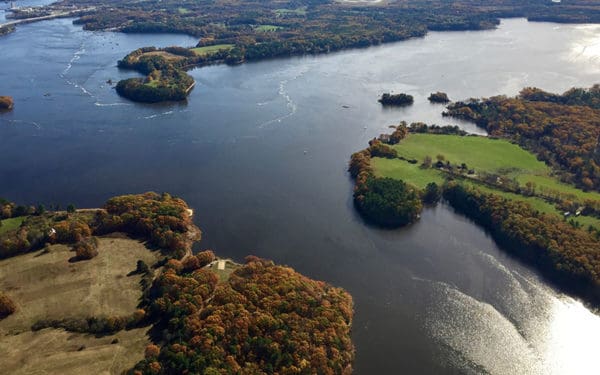
CLF’s Great Bay–Piscataqua Waterkeeper brings together partners and dozens of volunteers on annual cleanup to remove polluting debris from the estuary’s shoreline.
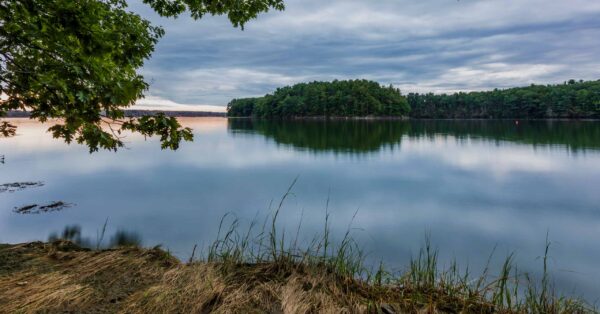
Clean water is a fundamental human right, and we at CLF are dedicated to defending it.
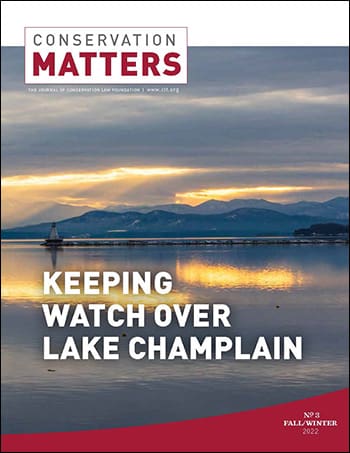
Fifty years ago, Congress adopted the Clean Water Act. This landmark environmental law aimed to clean up waterways that were too polluted for people to swim in or for fish to survive. That law – and those who have enforced it, like my CLF colleagues – has led to many clean water success stories over the… Continue reading The Clean Water Act, Sewage Pollution, and Clamming in Brave Boat Harbor
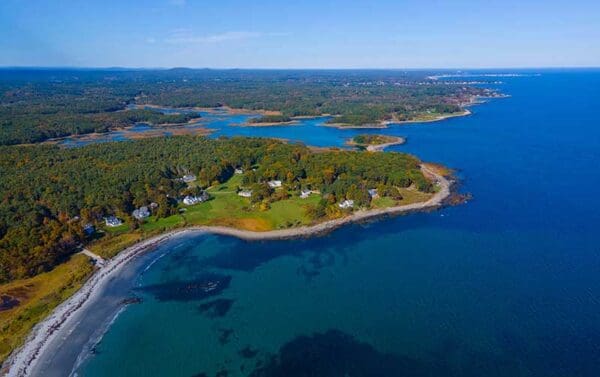
Fifty years ago this week, Congress adopted the Clean Water Act, a landmark in environmental legislation aimed at cleaning up many of the nation’s waterways that had become too polluted for people to swim or fish to survive.
What draws you to Great Bay and the Piscataqua River? I’ve lived in New Hampshire’s Seacoast region for years, raised my kids here, and poked around our harbors, salt marshes, and rivers as a sailor and kayaker. Besides this area just being so beautiful, I love the regional history that is written around the water.… Continue reading 5 Questions for Melissa Paly, Great Bay–Piscataqua Waterkeeper
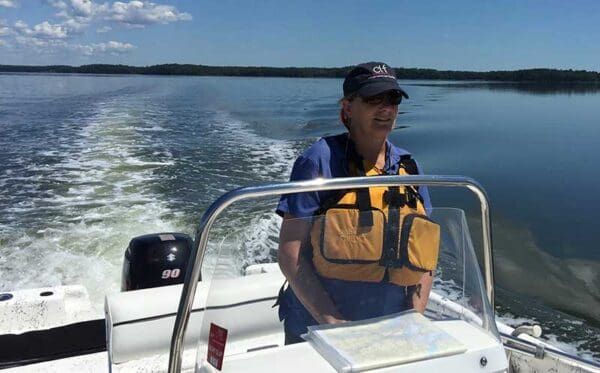
Through a eelgrass restoration pilot project, CLF and our partners hope to learn how to help bring life back to the Great Bay Estuary.
